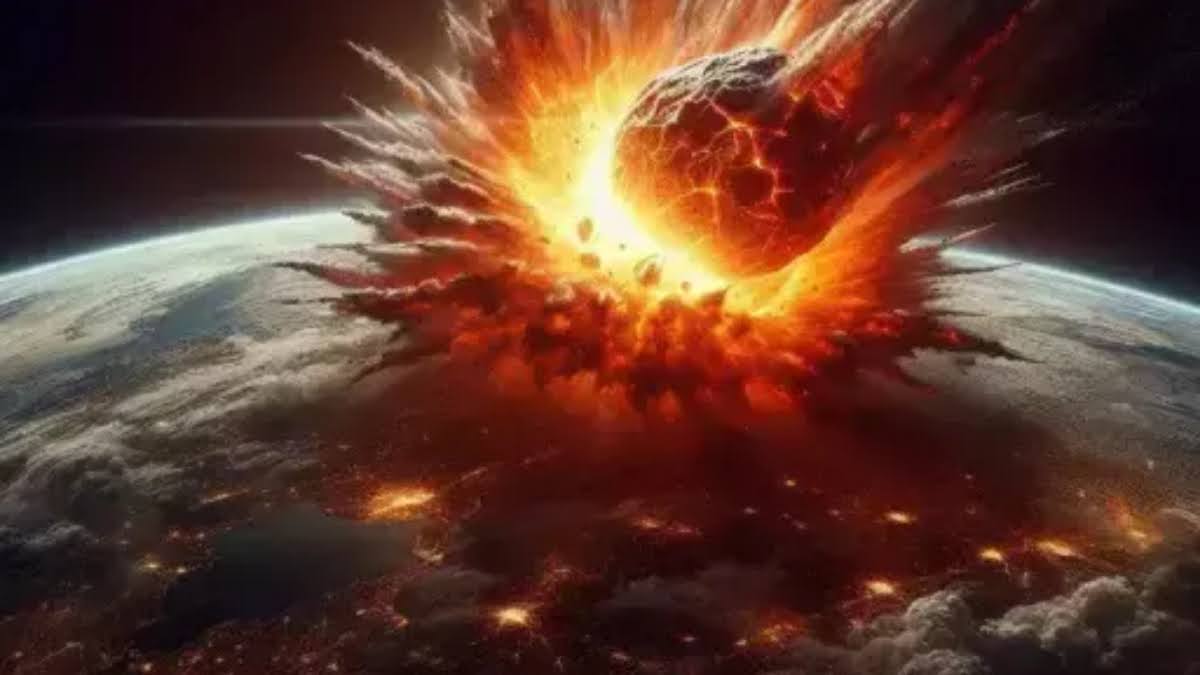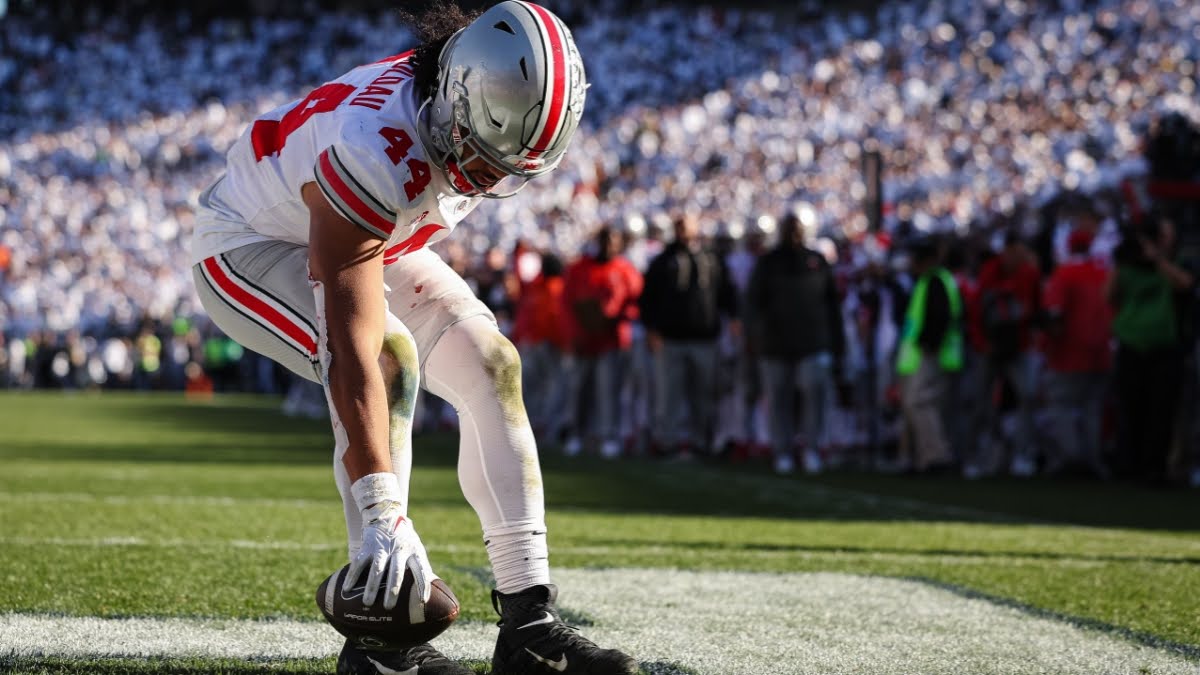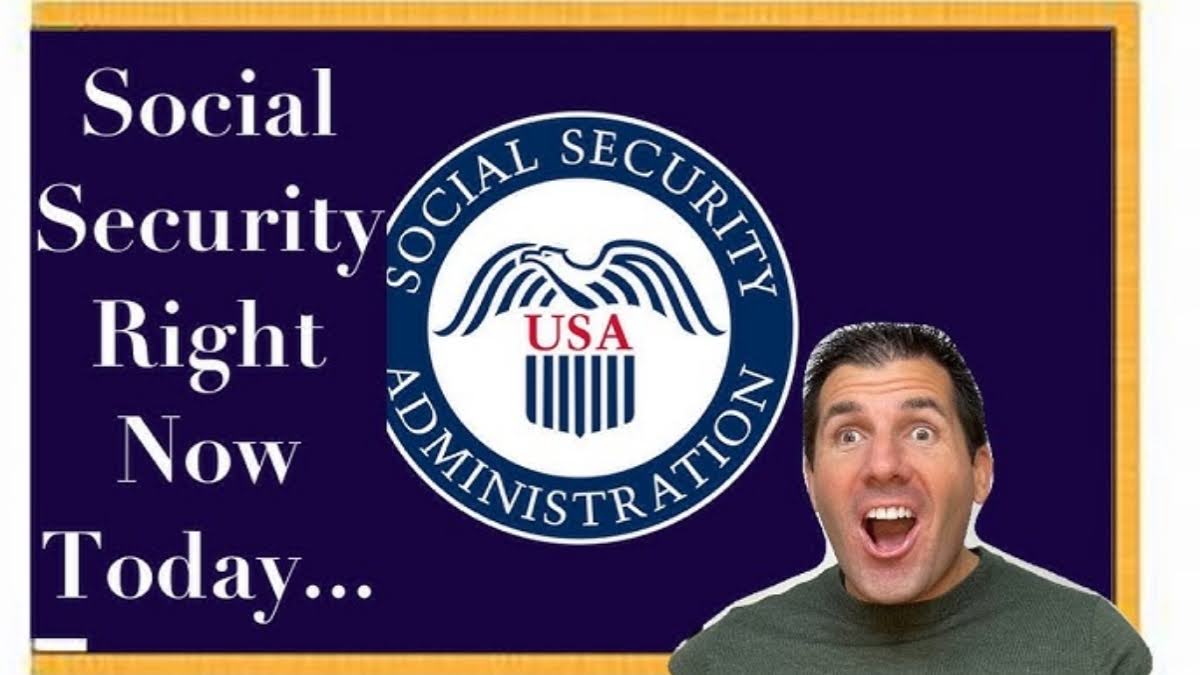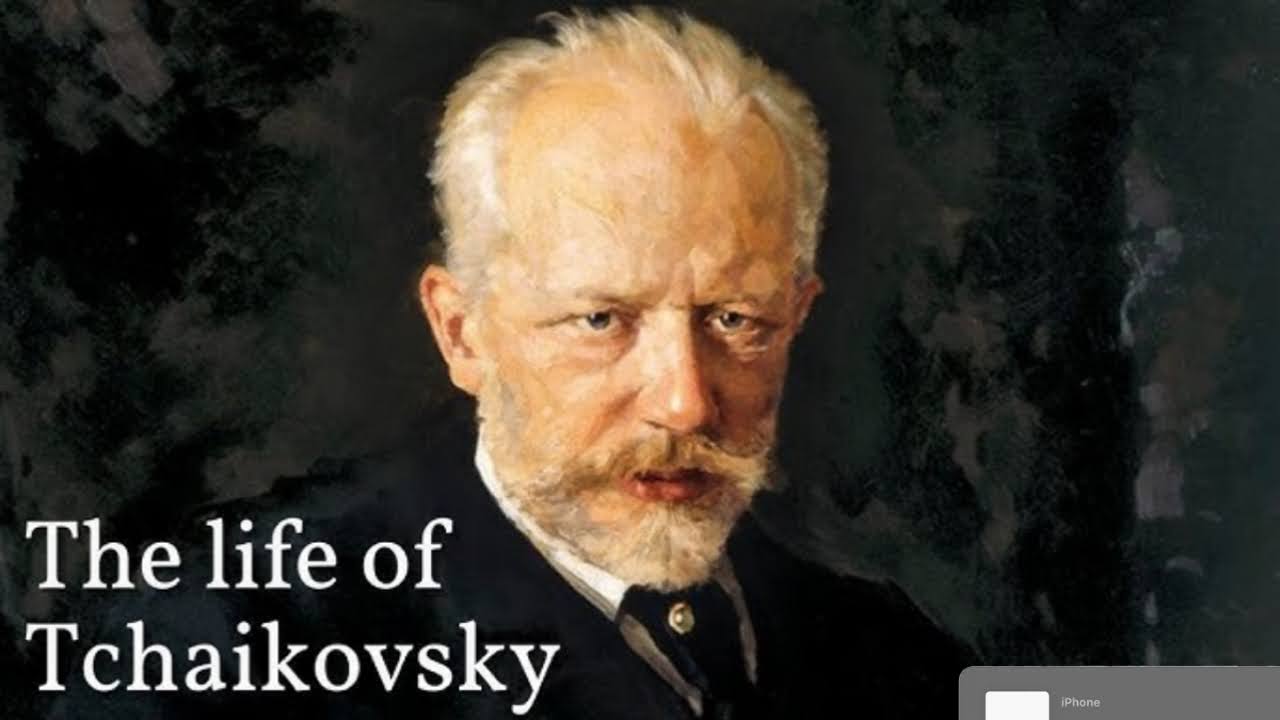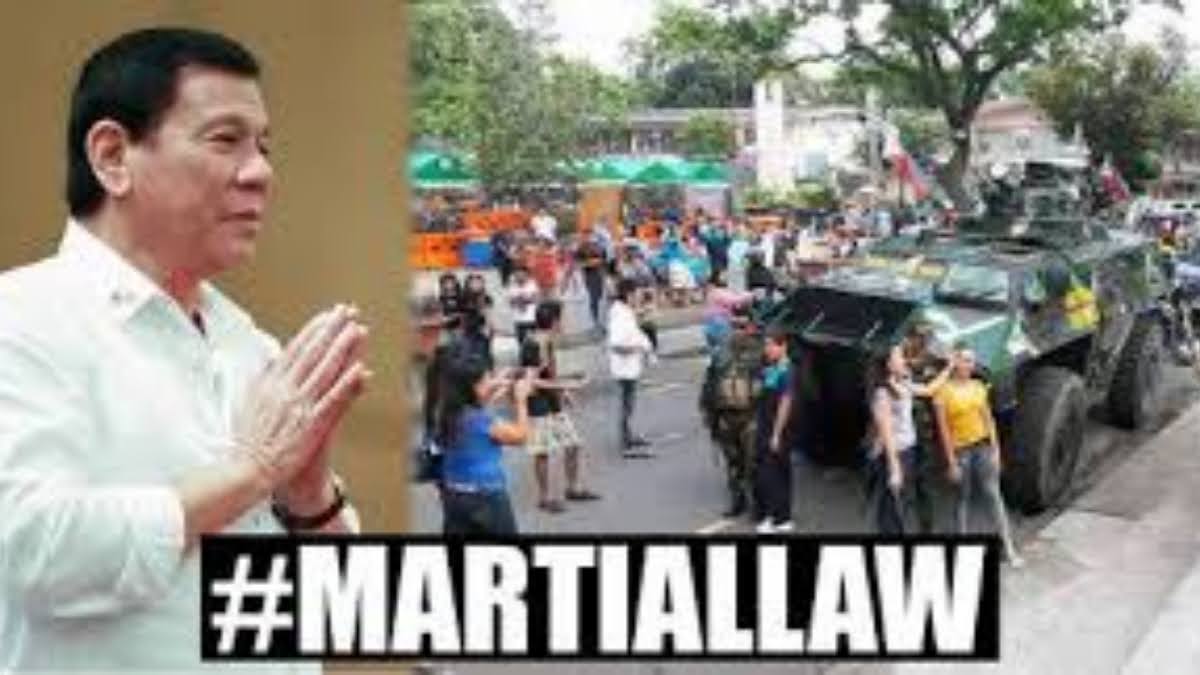
South Korea’s political history is deeply intertwined with the imposition of martial law, a mechanism that has significantly influenced its path toward modernization and democracy. From its early years as an independent nation to the tumultuous periods of authoritarian rule, martial law has been a recurring tool used by leaders to maintain order amidst crises. However, its use has often come at the cost of civil liberties, leaving a legacy that continues to resonate in the nation’s political and social discourse.
Understanding Martial Law in South Korea
Martial law refers to the temporary substitution of military authority for civilian government, usually enacted during times of war, rebellion, or internal strife. In South Korea, martial law was often declared during critical moments, allowing leaders to centralize power, suspend civil liberties, and impose stringent controls to suppress unrest. While this tool was intended to restore stability, its application has frequently been criticized for enabling abuses of power and stifling democratic movements.
Key Instances of Martial Law in South Korea
The Korean War Era (1950–1953)
During the Korean War, South Korea was under near-constant threat, leading to the frequent imposition of this law. The war’s devastation necessitated military control to maintain order and ensure national survival. While understandable given the circumstances, the suspension of civil rights during this period highlighted the fragility of governance in a war-torn nation.
Syngman Rhee’s Administration
South Korea’s first president, Syngman Rhee, utilized martial law to consolidate his power and suppress opposition. Rhee’s use of this measure was particularly controversial, as it curtailed political freedoms and enabled him to extend his rule, eventually leading to widespread public dissent and his forced resignation in 1960.
The Park Chung-hee Era (1961–1979)
Park Chung-hee, who seized power through a military coup in 1961, frequently invoked martial law to maintain his authoritarian regime. Under Park, South Korea experienced rapid economic development but at the cost of political freedoms. The declaration of martial law during times of protest allowed Park to suppress dissent and solidify his control. His assassination in 1979 marked the end of his rule, but it left a significant imprint on South Korea’s governance.
The Gwangju Uprising (1980)
The imposition of martial law during the 1980 Gwangju Uprising remains one of the most infamous events in South Korea’s history. Following Park Chung-hee’s assassination, Chun Doo-hwan seized power and extended martial law nationwide. This declaration led to the violent suppression of pro-democracy protests in Gwangju, resulting in hundreds of deaths. The brutal crackdown galvanized the democratic movement and became a symbol of resistance against authoritarianism.
The Path to Democracy (1987)
The last major instance of martial law occurred in the lead-up to South Korea’s democratization in 1987. Public protests and international pressure forced the government to end military rule and transition toward a civilian-led democracy. This period marked a turning point, as South Korea embraced a constitutional framework that prioritized civil liberties and restricted the arbitrary use of this law.
Key Impacts of Martial Law on South Korea
Suppression of Civil Liberties
Martial law often resulted in severe restrictions on civil liberties, including freedom of speech, assembly, and the press. Citizens faced curfews, censorship, and military trials, undermining the democratic principles the nation sought to uphold.
Economic Growth vs. Political Repression
The era of martial law under leaders like Park Chung-hee witnessed significant economic growth. However, the suppression of political freedoms during this period sparked debate about the trade-offs between economic development and individual rights.
Catalyst for Democratic Movements
The imposition of martial law, particularly during the Gwangju Uprising, became a rallying point for pro-democracy activists. The sacrifices made during these periods of repression ultimately paved the way for South Korea’s transition to democracy, underscoring the resilience of its people.
Public Perception of Martial Law
The legacy of martial law in South Korea is a subject of ongoing debate. For many, it symbolizes the dark periods of authoritarianism, marked by human rights abuses and the suppression of political dissent. Yet, some argue that its use during times of national crisis was a necessary evil to maintain stability and foster economic growth.
The Gwangju Uprising, in particular, remains a deeply emotional and divisive topic. Annual commemorations honor the victims and highlight the importance of safeguarding democratic values against the excesses of military power.
Modern-Day Relevance
While South Korea has not witnessed martial law since its democratization in the late 1980s, the concept remains relevant in discussions about national security and governance. The nation’s constitutional framework now includes stringent checks to prevent the arbitrary use of martial law, ensuring that democratic institutions remain robust even during crises.
The lessons learned from South Korea’s history serve as a cautionary tale for other nations grappling with the balance between security and civil liberties. It highlights the importance of vigilance in protecting democratic freedoms, even in the face of significant challenges.
Conclusion
Martial law in South Korea reflects a complex interplay of governance, crisis management, and the struggle for democracy. While it provided a mechanism to address national emergencies, its application often led to significant political and social repercussions. The sacrifices made during periods of martial law, particularly by those who fought for democracy, have shaped the nation’s identity and governance structure.
Today, South Korea stands as a testament to the resilience of democratic ideals, offering valuable lessons about the costs of authoritarian measures and the enduring power of collective resistance. As the nation moves forward, its history of martial law remains a reminder of the importance of balancing security with the preservation of fundamental rights.


